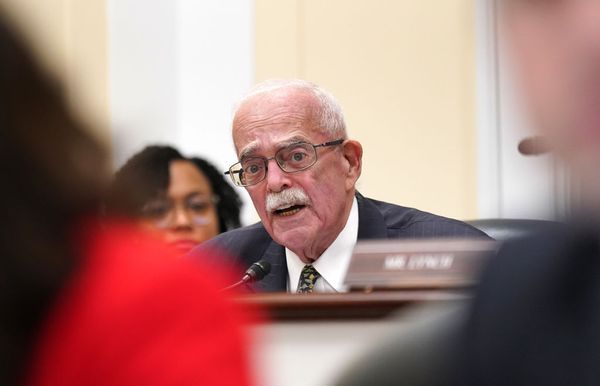
Universities in England could face fines if not enough of their students get graduate-level jobs within 15 months under new measures unveiled by the higher education regulator.
The Office for Students has introduced the tests for subjects they deem “low quality”. Universities could be fined if fewer than 60 per cent of graduates in that subject fail to find work, set up their own business, or continue their studies after completing their course.
Fines could be up to £500,000, the regulator said.
Colleges and universities could also be fined for high drop out rates.
More than 11,000 students are registered at 62 universities and colleges which do not meet a 60 per cent threshold for students securing graduate-level jobs or training, the Office for Students said.
Some 33 institutions could also be at risk of breaching the new rules on drop out rates, which means that more than a quarter of students have left before they complete their degree.
“Too many students, often from disadvantaged background, are recruited on to courses with weak outcomes which do not improve their life chances.
“We can now intervene where outcomes for students are low, and where universities and colleges cannot credibly explain why,” Susan Lapwroth, the Office for Student’s chief regulator, said.

“We recognise that students choose higher education for a variety of reasons. Many are focused on improving their career prospects and it is right that we’re prepared to tackle courses with low numbers of students going into professional work,” she added.
A spokesperson for the universities representative body, Universities UK, said: “In the vast majority of cases, students going to university can expect to have a good experience, a world-leading education and being able to pursue their interests and goals.
“Information about student’s outcomes and progression is regularly used to inform course development. We welcome increased transparency across the sector, and continue to work with universities to ensure they communicate clearly the value of their courses to prospective students, employers and the public.”







